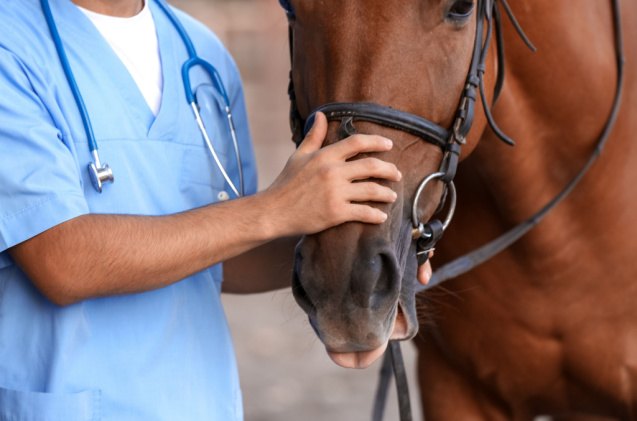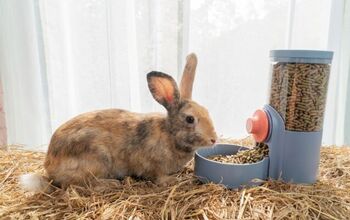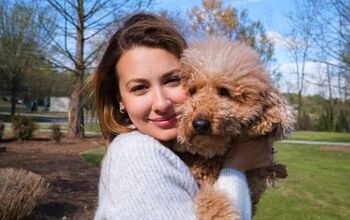How To Recognize Your Horse Is Sick

While horses are generally seen as strong and hardy animals, often capable of performing impressive athletic or work feats, they are still not impervious to health issues. This can become especially obvious if you fail to take good care of your equine friend. Horses require regular and thorough health checkups and plenty of attention in their daily life. But even if you do everything “by the book”, sickness can still loom around the corner. To be prepared, you will have to know how to recognize that your horse is sick. There are certain symptoms and signs that you can quickly spot in order to know that something is “off”. And knowing them gives you a much-needed edge – as every minute counts in case of sickness!
Signs of Sickness in Horses
Horses can’t speak – that much you already know. But they can communicate with you, in a way. Nature has its way of making things known. While a horse can’t say what hurts, they can show it. You will have to watch for any odd behaviors or movements, and anything that seems uncommon. If your horse starts doing something that you never saw before, it is worth investigating. When your horse is sick, it will at once change its usual behavior. Lack of energy and appetite is a common sign of sickness, as is the tendency to stay in dark and secluded corners of the stable.
Without a doubt, one of the most common signs of sickness is rapid and noticeable weight loss. A horse is an elegant and powerful animal, and it is never meant to be skinny. If you start noticing the outlines of their ribcage, for example and recognize that they lost weight, be alarmed: this is never a good sign. Rapid weight loss can be accompanied by a number of additional ailments, such as loss of appetite, constant diarrhea, and apathy.
Depending on the ailment, a horse might excessively drink more water than usual, or just stop drinking water altogether. Just as with the loss of appetite, this is an alarming sign that needs to be quickly addressed. If sick or in pain, a horse might become fidgety and strange: any spike or change in activity levels should be investigated. Excessive sneezing, nasal discharge, neighing and teeth-showing, snorting – if done near-constantly, these might be the signs of some underlying discomfort.
You should also do frequent checkups of your horse’s ears. Just like dogs and many other animals, a horse can communicate through its ears. When sick, sad, or in pain, their ears can be pushed back against their temple. If they are constantly in this position, your horse might be in pain. The same goes for their mouth – their teeth can often get infected, leading to further health issues. Check for excess drool, swollen gums, bad breath, and excess lip rolling. These are signs of serious oral issues that have to be addressed.
Sudden and dramatic changes in mood and character can also be a signal of pain and discomfort. If your horse is suddenly aggressive, for example, and unwilling to cooperate as before, it might be their way of saying that they are in great pain. Such changes can also be accompanied by rapid breathing, excess sweating, or stubborn behavior.
In the end, all you need to do is observe your horse’s behavior: if you spot something that you simply know is out of the ordinary, get in touch with your vet. It is always best to do a check-up on time, than to be late as the problem gets out of hand.

A proud mama to seven dogs and ten cats, Angela spends her days writing for her fellow pet parents and pampering her furballs, all of whom are rescues. When she's not gushing over her adorable cats or playing with her dogs, she can be found curled up with a good fantasy book.
More by Angela Vuckovic























